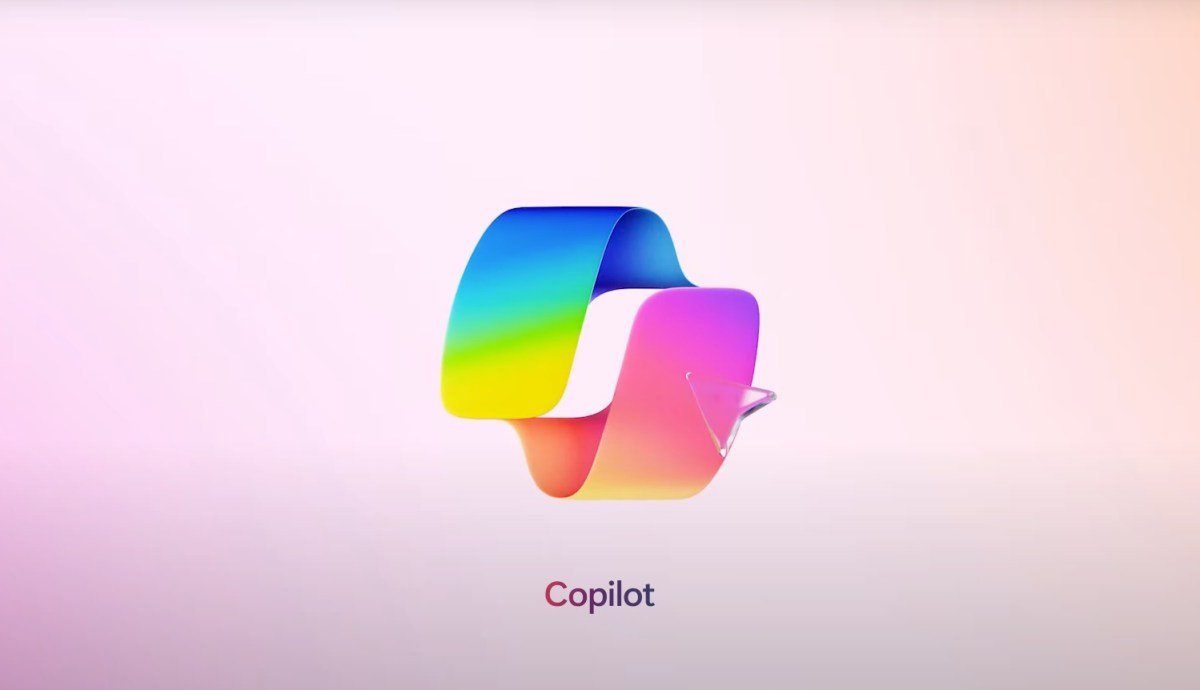In a stunning development, Microsoft Copilot, the popular AI chatbot from the tech giant, has teamed up with gen AI music app Suno to create original songs. Through this integration, users can input prompts such as “Create a rap track inspired by urban life” and Suno’s plugin will bring the musical vision to life with lyrics, instrumentals, and even singing voices. This partnership, announced via a post on Microsoft Bing’s blog this morning, aims to revolutionize music creation by making it more accessible and entertaining for everyone.
To access this exciting feature, Copilot users can simply launch Microsoft Edge, visit Copilot.Microsoft.com, sign in with their Microsoft account, and enable the Suno plugin or click on the Suno logo that says “Make music with Suno.” This experience will gradually roll out to users starting today, with full availability in the coming weeks.
The trend of gen AI-driven music creation has been on the rise, with tech giants and startups investing heavily in this technology. In November, Google AI lab DeepMind and YouTube collaborated to release Lyria, a gen AI model for music, and Dream Track, a limited-access tool for building AI tunes on YouTube Shorts. Social media giant Meta has also published a series of experiments with AI music generation. Additionally, startups like Stability AI and Riffusion have rolled out platforms and apps for creating songs and effects from prompts.
However, the ethical and legal implications surrounding AI-synthesized music continue to be a point of concern. The algorithms used by gen AI tools often rely on pre-existing music to produce similar effects, raising questions about copyright infringement and consent from the original artists. In fact, Stability AI’s gen AI audio lead resigned, citing the exploitation of creators, while the Grammys have banned fully AI-generated songs from being considered for awards.
Despite these controversies, many gen AI companies argue that fair use rights exempt them from paying artists whose works are publicly available, even if they are copyrighted. This legal gray area remains uncharted territory for the music industry.
Unlike other gen AI music tools, Suno does not disclose the source of its AI training data on its website, nor does it restrict users from entering prompts like “in the style of [artist].” This has led to DIY tracks using gen AI technology to go viral, as they can easily pass off as authentic versions of popular songs. In response, music labels have been quick to flag these tracks to streaming partners, citing intellectual property concerns, and have largely emerged victorious. However, gen AI tool creators have simply moved their operations underground.
The legal status of gen AI music may soon become clearer, as a new Senate bill aims to give artists, including musicians, recourse when their digital likenesses, including their musical styles, are used without their permission. In the meantime, the boundary between what is considered fair use and a violation of intellectual property rights remains blurred.









шлюхи нижнего
проститутки фрунзенская
иркутск шлюхи по вызову
шлюхи по вызову
дешевые шлюхи
1xbet apk app
https://rajabets-in-india.com/